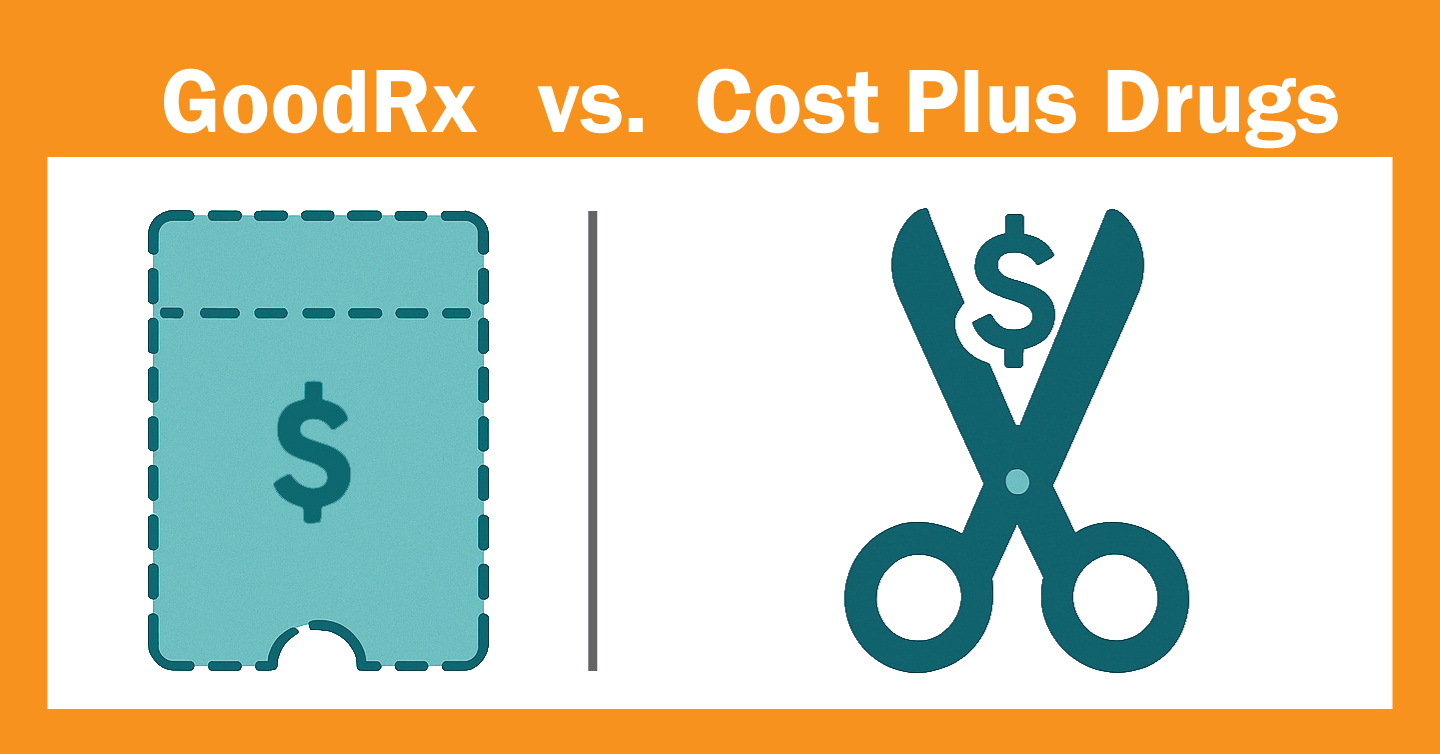How to Prevent Medical Identity Theft

When you hear the term “identity theft,” you likely think of stolen credit card or banking information. But financial transactions are just one form of identity theft. There is also medical identity theft, and though you may not hear about it as often, it should be taken just as seriously.
Medical identity theft occurs when someone uses your identity, including personal and health insurance information, to receive medical treatment, purchase medical devices or access prescription drugs. In the same way financial identity theft can result in credit card charges for things you never purchased, victims of medical identity theft end up with a bill for services or medications they never received.
This type of theft can occur if someone has easy access to certain medical records. Documents like health insurance cards, billing statements, prescriptions and Explanation of Benefits (EOB) statements from your health insurance company could all be used to potentially steal your medical information.
How to Know if You’re the Victim of Medical Identity Theft?
Victims of medical identity theft may not notice immediately that their health care or health insurance information has been compromised. Eventually, however, signs will pop up to suggest that something isn’t quite right. Here are some red flags that could indicate your medical information has been stolen.
- You receive a health care bill for services you never received
- The EOB from your health insurance company contains services or medications you didn’t receive
- You find health care-related debt in your name, either through a credit report or debt collectors
- You reach the benefit limit on your health insurance plan
What to Do if Someone is Using Your Medical Information
If you suspect someone may be using your medical information, you’ll want to take action quickly. Start by organizing the information you have available, compiling existing medical records, determining which records seem suspicious to you and requesting any records you don’t already have from doctors, clinics, pharmacies, hospitals or your health insurance company. Once you have your records compiled, report any errors you notice to your health care provider.
You should also receive a credit report from the three credit bureaus, Equifax, Experian and TransUnion. This will help you identify any medical debt that may be under your name. If you don’t recognize the debt, you should report it to all three credit bureaus.
Why You Should Get Your Health Insurance Documents Online, and Other Tips
Regardless of whether you’ve already had your medical identity stolen, you should take steps to protect your medical information as best as you can and as soon as possible. Let’s take a look at some tips for doing that.
First of all, the Federal Trade Commission (FTC) recommends limiting the amount of medical information you receive in the mail by receiving these documents online instead. Talk to your health insurance and health care providers to determine how to accomplish this. If you do need to receive something by mail, try to get your mail out of the mailbox as soon as you can, as the mailbox may be one location where a thief is able to gain access to your medical information.
Network Health Members >>> Receive Secure Documents Via Your Member Portal
Any medical records you have on paper should not be thrown away until they’ve been shredded. Records you are going to keep should be in a secure location in your home. Again, receiving and storing as many of these documents online rather than as paper copies may be best.
Lastly, always be cautious about who you give your medical information to, including your health insurance I.D. number. Always know who you’re giving it to and why they need it. Never give it to anyone who asks for it unexpectedly, especially via phone or email.
At Network Health, we take seriously the security of your information. If you have questions about how you can keep your health insurance documents safe, please don’t hesitate to call the number on the back of your Network Health member I.D. card.



